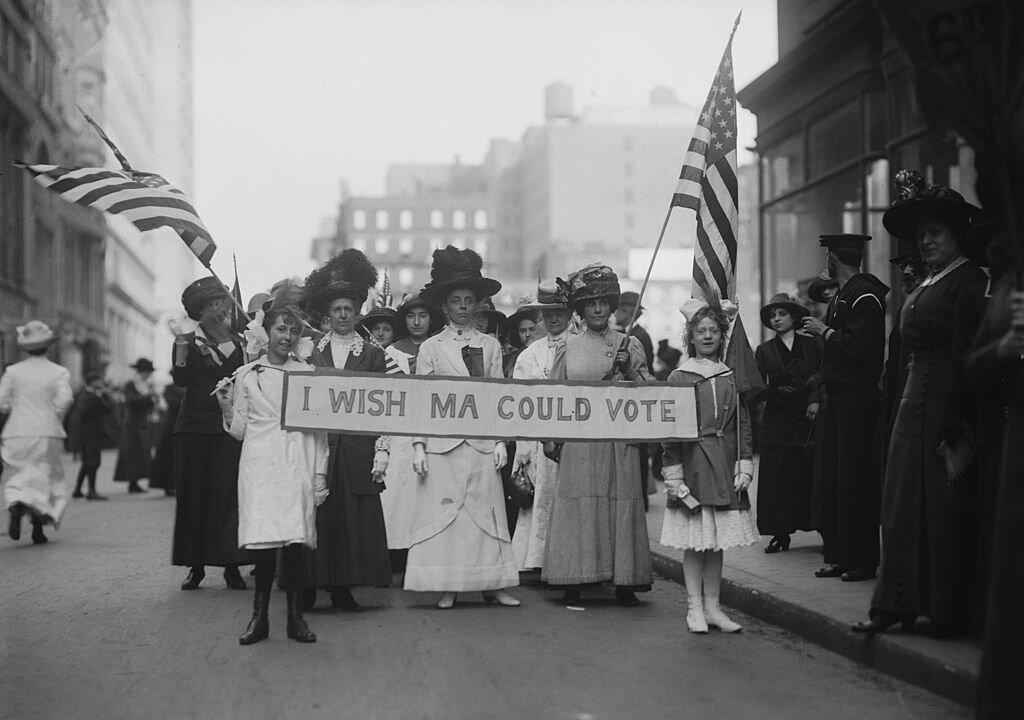Commentary
We were once told feminism was about equality, creating a level playing field where women could take their rightful place in the world.

We were once told feminism was about equality, creating a level playing field where women could take their rightful place in the world.